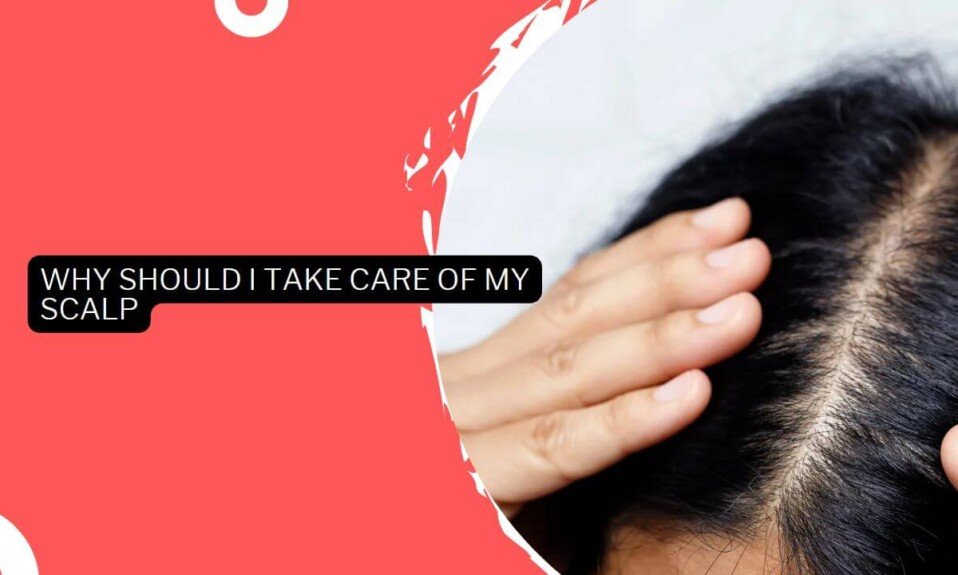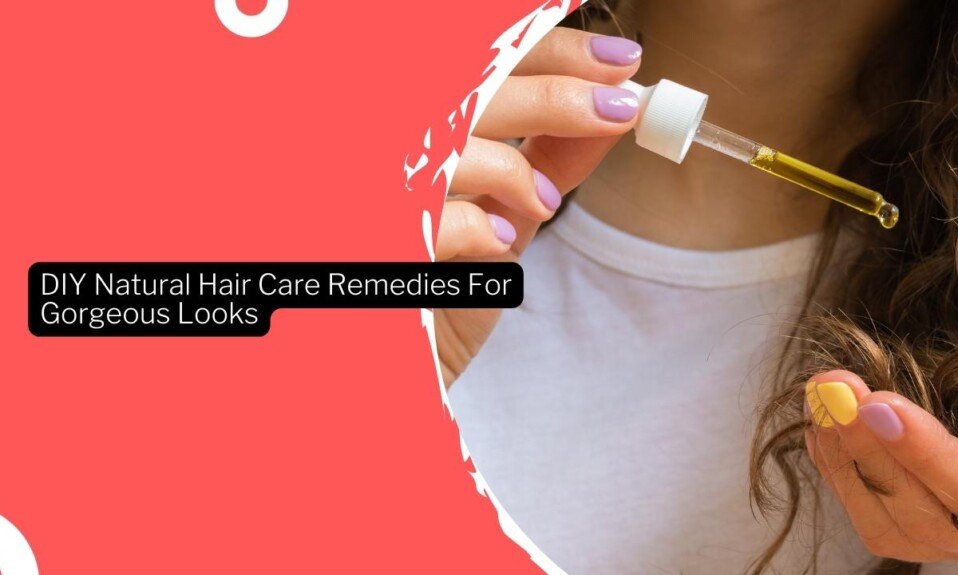
Taking care of your scalp is essential for maintaining healthy hair and preventing common scalp issues such as dandruff. For example, A itchy scalp with bumps is a condition that can appear due to various health conditions and sometimes appears with soreness or inflammation.
Keeping your scalp clean and nourished promotes healthy hair growth and voluminous hair. A gentle, sulfate-free shampoo can clean your scalp and prevent irritation by removing dirt, oil, and product buildup.
Scalp care can also improve your health. Healthy scalps have fewer toxins and bacteria, reducing the risk of infections, allergies, and other health issues. Massaging your scalp can also relieve stress and calm you. Taking care of your scalp boosts hair growth and overall health.
If you’re worried about how your scalp looks? Then we might have some tips for you that will help.
For healthy hair and scalp, take care of your scalp. Poor care can cause itchy, painful, or unhealthy scalp conditions. For instance, various health conditions can cause itchy scalp with bumps and soreness or inflammation.
Natural yeast overgrowth can make your scalp smelly. Why does my scalp smell? What can I do? The first question is more complicated because a malodorous scalp can be caused by seborrheic dermatitis, excessive sweating, hormonal changes, pollution, psoriasis, or buildup from unhealthy hair products. Second question answer is below.
What Can I Do About a Scalp That Isn’t Healthy?
Remedies for an unwholesome or smelly scalp are not always clear. A shampoo with a sweet scenting shampoo does not always help your scalp condition to become less smelly. This is because a fungus or yeast causes the malodorous smell, pain, itching or bumps on your scalp. So, the effectiveness of treating your scalp condition depends on whether you address the fungus or not.
If you want to effectively treat yeast on your scalp, using specialized scalp products that target seborrheic dermatitis, dandruff, and other scalp conditions is highly recommended. Neofollics Hair Technology is a reputable company that offers such products, which are endorsed by the Dutch hair foundation and dermatologists.
When you experience a smelly scalp with flaking and bumps a peeling serum may be the solution to peel of the flakes. You can than simply was off the impurities with an exfoliating shampoo that contains anti-fungal, anti-inflammatory, and anti-microbial activity. Once you have used the peeling serum and shampoo, the next step is to use a nourishing mask that treats and soothes your scalp. This is the only way to combat the smell and bumps on your scalp.
How to Keep Your Scalp Healthy?
Taking care of your scalp is crucial to maintain healthy hair and to prevent common problems like dandruff, itching, and hair loss. Here are some tips for keeping your scalp in good health.
- Wash Your Hair Regularly: Using a mild shampoo regularly can remove dirt, oil, and hair products from your scalp. Hair washing frequency depends on hair texture and scalp oiliness.
- Massage Your Scalp: Blood flow to the scalp boosts hair growth. Massage your scalp daily with your fingertips.
- Use a Conditioner: Conditioners prevent dryness and maintain scalp moisture. Apply conditioner from the ends to the scalp.
- Avoid Hot Showers: Hot showers strip your scalp of natural oils, leaving it dry and irritated. Use lukewarm water when shampooing.
- Use a Wide-Toothed Comb: A wide-toothed comb can help detangle your hair without damaging your scalp.
- Limit Heat Styling: Limit heat styling to protect your hair and scalp. Reduce blow dryer, flat iron, and curling iron use.
- Protect Your Scalp from the Sun: Sun damage can also affect your scalp. Wear a hat or spray scalp sunscreen.
- Eat a Balanced Diet: A balanced diet provides nutrients for a healthy scalp. Eat fruits, vegetables, lean proteins, and healthy fats.
- Avoid Tight Hairstyles: Braids, ponytails, and buns can damage hair and cause scalp irritation. Try loose hairstyles.
What Are Some Scalp Problems?
- Dandruff: In the case of dandruff, it is due to an excess of dead cells in the form of somewhat unsightly flakes. It can be treated with a medicinal herbal shampoo, for example.
- Psoriasis: People with scalp psoriasis have more severe flaking and usually also inflammation. If that’s your problem, brush it sparingly; every time you do, use a soft-bristled brush.
- Folliculitis: Folliculitis is an inflammation of the hair follicles that can occur on the scalp. It can cause small, red bumps that can be painful or itchy.
- Alopecia: Alopecia causes hair loss. Autoimmune diseases, hormonal imbalances, and genetics can cause it.
- Stress or nerves: Stress and anxiety may be causing more white flakes on your scalp.
- Seborrheic dermatitis: Seborrheic dermatitis, which causes redness, itching, and flaking, is common. It causes dandruff and scalp roughness.
Bad Habits
Scalp problems can be caused by habits when washing your hair or using certain beauty items.
Remember you should avoid the following:
- Tying hair too tight or when wet.
- Use permanents.
- Dye the hair.
To take care of your scalp, we advise you to take seawater baths to level the oils produced by this area and massage with olive or arnica oil.
The Final Word on Effective Scalp Care
Taking care of your scalp can help you avoid getting too dry, itchy, or irritated skin. It can also help you grow hair that looks thicker, fuller, and healthier since a healthy scalp is a key to steady hair growth.
Taking care of your scalp is easy, one of its best features. With the right mix of good habits and hair-friendly products, you can keep your scalp healthy and lower your risk of having long-term skin problems or hair loss.
Try some of the tips and techniques below to get started. Make small changes to the way you care for your hair and scalp. Over time, your hair and scalp will look and feel better.
- Use a Gentle Shampoo: Find shampoos without sulfates, parabens, or phthalates. These ingredients may remove scalp oils, causing dryness and irritation.
- Use a Scalp Scrub: A scalp scrub can help to remove buildup from the scalp and promote healthy hair growth. Look for products that contain exfoliating ingredients like sea salt or sugar.
- Keep Your Scalp Hydrated: Use a leave-in conditioner or hair oil to prevent drying. Look for shea butter, coconut oil, and argan oil products.
By using these tips as part of your regular hair care routine, you can help improve the health of your scalp and make your hair grow faster and stronger.




